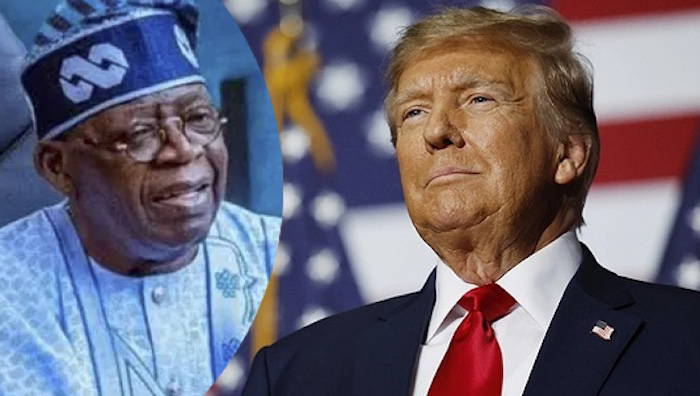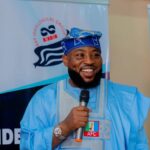Tinubu, Trump to Parley Over ‘Christian Genocide’ Allegations, Says Bwala

President Bola Ahmed Tinubu is set to meet with United States President Donald Trump to address allegations of “mass killings” of Christians in Nigeria, according to Daniel Bwala, a presidential aide and political analyst.
Bwala disclosed the development on Saturday, saying the meeting aims to correct misinformation and foster diplomatic engagement between both leaders following Trump’s recent comments accusing the Nigerian government of allowing a “Christian genocide.”
He said the meeting is expected to hold either in Abuja or Washington, with discussions focusing on Nigeria’s counterterrorism efforts and the country’s commitment to religious freedom.
Bwala stated that the president’s decision to engage Trump directly shows leadership maturity and readiness to clarify Nigeria’s position on issues affecting its global image.
“President Tinubu’s approach underscores his willingness to engage constructively, protect Nigeria’s integrity, and ensure the truth is told about the nation’s security realities,” he said.
Trump had recently accused the Nigerian government of failing to protect Christians, threatening to halt U.S. aid and push for sanctions against Nigeria. The Nigerian government has since dismissed the claims, describing them as misleading and unfair.
Trump also suggested labeling Nigeria as a “Country of Particular Concern” under U.S. law a move that could pave the way for restrictions on aid and cooperation.
In response, the Nigerian government emphasized that the violence in the country is not faith-based but rather linked to terrorism, banditry, and communal conflicts affecting both Muslims and Christians.
Although the Presidency has yet to release an official statement confirming the meeting date, diplomatic sources say discussions between both camps are already ongoing, and the engagement could happen “in the coming days.”
The meeting, if held, will mark the first direct dialogue between Tinubu and Trump since the U.S. president reignited global debate over religious persecution in Nigeria.









